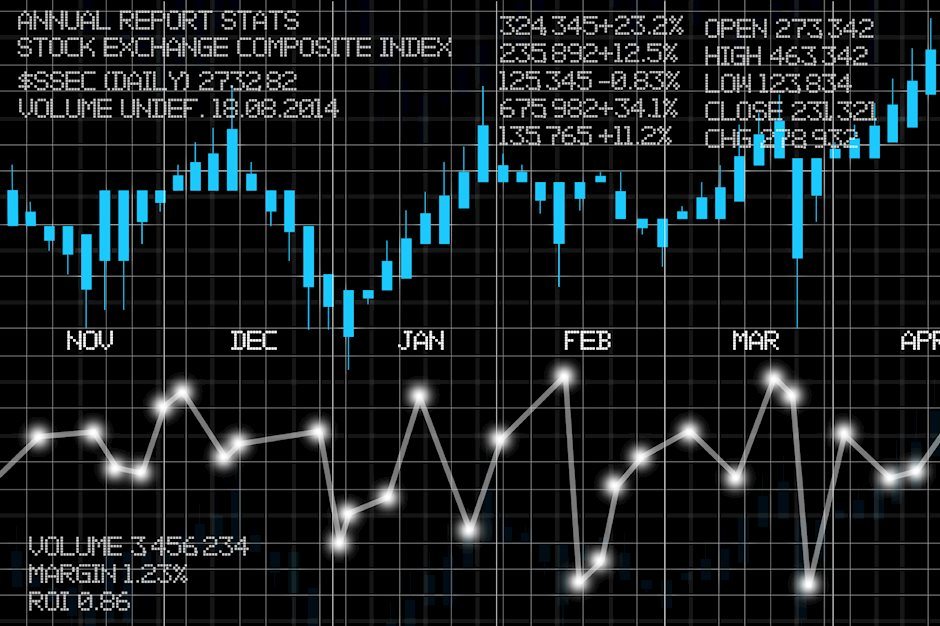Who is Evergrande, and why are they important?

Evergrande Group (HKG: 3333) is China’s second-largest real estate developer, responsible for over 1,300 construction projects across mainland China. Alongside its many apartments and commercial buildings, Evergrande has also constructed an extremely precarious balance sheet since going public in 2009.
As such, the Group is struggling to meet its debt obligations. Evergrande has approximately US $300 billion worth of debt in bank loans, supplier invoices, and corporate bonds. An interesting note that helps put Evergrande’s level of debt into perspective is the amount the Company is liable for over the next four months, in interest-bearing corporate bonds alone: US $670 million.
In 2020, Evergrande posted a Net income of US $1.24 billion, on Revenue of US $77.71 billion. The squeeze on its balance sheet becomes more worrisome when you consider that Evergrande has reported a 29% decrease in Net Income in the first half of 2021.
When did Evergrande’s trouble seriously begin?
On 31 August 2021, Evergrande announced that, barring major restructuring and negotiations with debtors, it would have trouble servicing its liabilities. The problem primarily lay with the Company’s lack of cash flow due to a cooling Chinese real estate market, coupled with its extremely high rate of leverage.
Evergrande’s financial predicament has understandably spooked investors, creditors, and rating agencies. Since 22 June 2021, Fitch Ratings have downgraded Evergrande’s credit rating twice (falling from B to CC), and its stock price has plummeted by 80%.
Investors around the world are watching
Investors are concerned about what becomes of Evergrande and the Chinese real estate sector as a whole. These will be concerns shared by Chinese Government officials, who might seek to mitigate the damage already done to investor confidence in Chinese real estate or the future, much worse, effects of an insolvent Evergrande. However, Chinese authorities have thus far remained eerily silent on the issue.
Ultimately, no one knows what will happen if Evergrande defaults on its debt or if it will, in fact, default at all. But what we do know is Evergrande is indebted to approximately 200+ Chinese financial institutions, including major national and regional banks. Even if Evergrande manages to remain upright, we might expect tighter lending conditions from these institutions, which is not ideal for a Chinese economy that is still rebounding from the global pandemic. A scenario such as this would be one of the more pervasive and far-reaching consequences of the Evergrande crisis.
Further afield, Evergrande’s dollar-denominated corporate bonds are trading at a 30% discount, reflecting the risk that Evergrande will default or drag out reparations for years. The unlikelihood that the Chinese government will step in with a bailout package that goes as far as protecting foreign investors must also be weighing on investors’ minds.
Author

Mark O’Donnell
Blackbull Markets Limited
Mark O’Donnell is a Research Analyst with BlackBull Markets in Auckland, New Zealand.


















